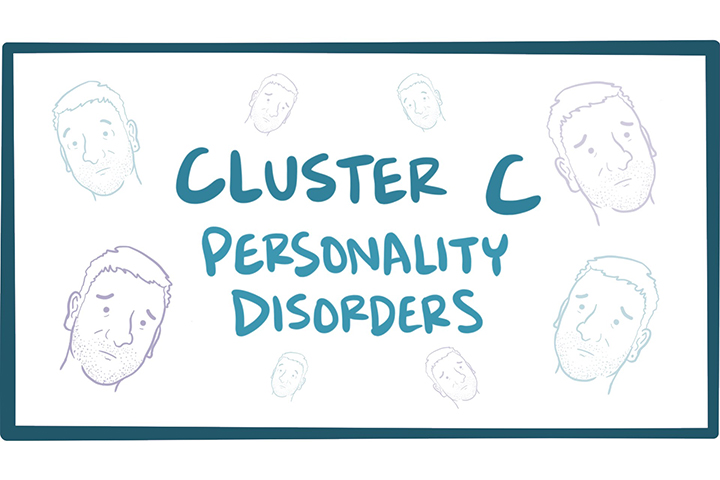Cluster C: Avoidant, Dependant and Obsessive-Compulsive
Cluster C: Avoidant, Dependant and Obsessive-Compulsive
Cluster C disorders encompass distinct patterns of behaviour characterised by anxiety, fearfulness, and a desire for control. Individuals with these disorders often struggle with managing their worries, which can lead to difficulties in making decisions and forming relationships. By delving into the nuances of Cluster C personality disorders, seeking professional guidance, and developing effective coping strategies, individuals can work towards alleviating anxiety and fostering healthier emotional well-being.

Common Symptoms include:
- Excessive Worry: Adults with Cluster C disorders often experience chronic and intense worry about everyday situations, even when there's no apparent reason for concern.
- Avoidance Behaviour: A strong tendency to avoid situations, people, or activities that trigger anxiety or discomfort, leading to limited engagement and missed opportunities.
- Need for Reassurance: Individuals may frequently seek reassurance and approval from others to alleviate their anxiety and uncertainty about their thoughts and actions.
- Fear of Abandonment: A deep-seated fear of being abandoned or rejected by others, often resulting in efforts to maintain relationships at any cost.
Interventions at Marga:
- Cognitive Restructuring: This technique helps individuals identify and challenge negative thought patterns that contribute to excessive worry, promoting more balanced and realistic thinking.
- Exposure Therapy: Gradual exposure to anxiety-provoking situations helps individuals confront and manage their fears, gradually reducing avoidance behaviours and increasing confidence.
- Mindfulness-Based Stress Reduction: Mindfulness practices enhance self-awareness and reduce anxiety by helping individuals stay present, observe their thoughts without judgement, and develop healthier responses to stressors
- Interpersonal Therapy: Focusing on improving interpersonal relationships helps individuals build social skills, reduce dependence on reassurance, and address their fear of abandonment.






